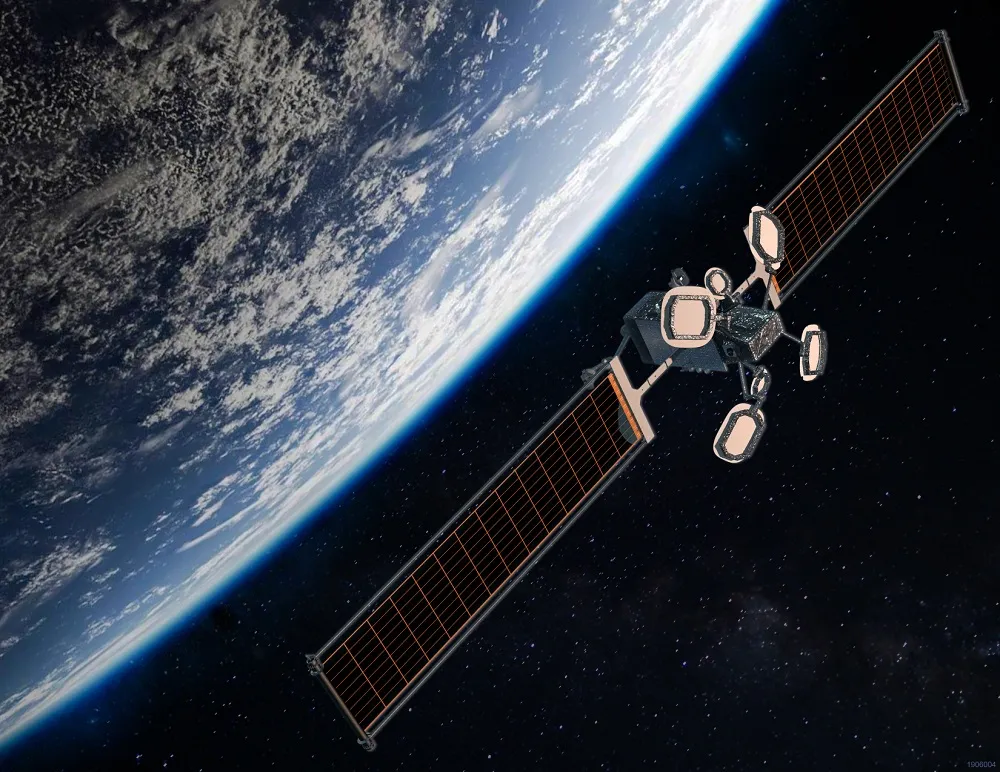TAMPA, Fla. — Ovzon’s first fully owned satellite has reached its geostationary position after a five-month journey in space and passed initial health checks, the Swedish broadband operator announced June 14.
Per Norén, Ovzon’s CEO, said Ovzon 3 will enter service “within a few short weeks,” once manufacturer Maxar Technologies completes the remaining in-orbit tests.
SpaceX launched Ovzon 3 on a Falcon 9 rocket Jan. 3, closing a chapter on years of launch and manufacturing setbacks for a satellite originally slated to fly in 2021.
The operator twice had to get regulatory extensions for when Ovzon 3 must start providing services from 59.7 degrees East—or risk losing priority spectrum rights for this orbital slot. The current deadline is July 4.
Norén said Ovzon continues to see rising demand for the 1,500-kilogram satellite among potential defense, national security and public safety customers, particularly in Europe.
Ovzon currently leases capacity from partner satellite operators such as Intelsat, providing end-to-end services with its own mobile satellite terminals.
Ovzon’s largest customer has long been the U.S. Department of Defense, but the Swedish company sees a growing business opportunity in Europe with its proprietary spacecraft.
Listed on the Stockholm Stock Exchange, Ovzon recently told investors that it had received $11.1 million in orders during the first three months of 2024, including a 12-month order from a European customer valued at $9.7 million.
The company booked 65 million Swedish Krona ($6.2 million) in revenue for the quarter, up from 57 million Swedish Krona during the same period in 2023.
However, Ovzon also reported a 25 million Swedish Krona operating loss for the first quarter of 2024, compared with a 23 million Swedish Krona operating loss the year before.
“With Ovzon 3 online we will be managing a hybrid network with a mix of our own satellite and leased capacity which creates flexibility in terms of geographical coverage, performance and cost effectiveness,” Norén said.
“It allows us to meet customer demands, optimize our services and capacity utilization.”
He said Ovzon is also evaluating a follow-on strategy to meet a growing need for secure satellite communications in countries seeking to accelerate and strengthen their defense capabilities.
“Countries with little to no satellite infrastructure are now shaping plans to create sovereign systems that allow for more autonomy in an increasingly space-based geopolitical environment,” he added.
Related
Read the original article here
